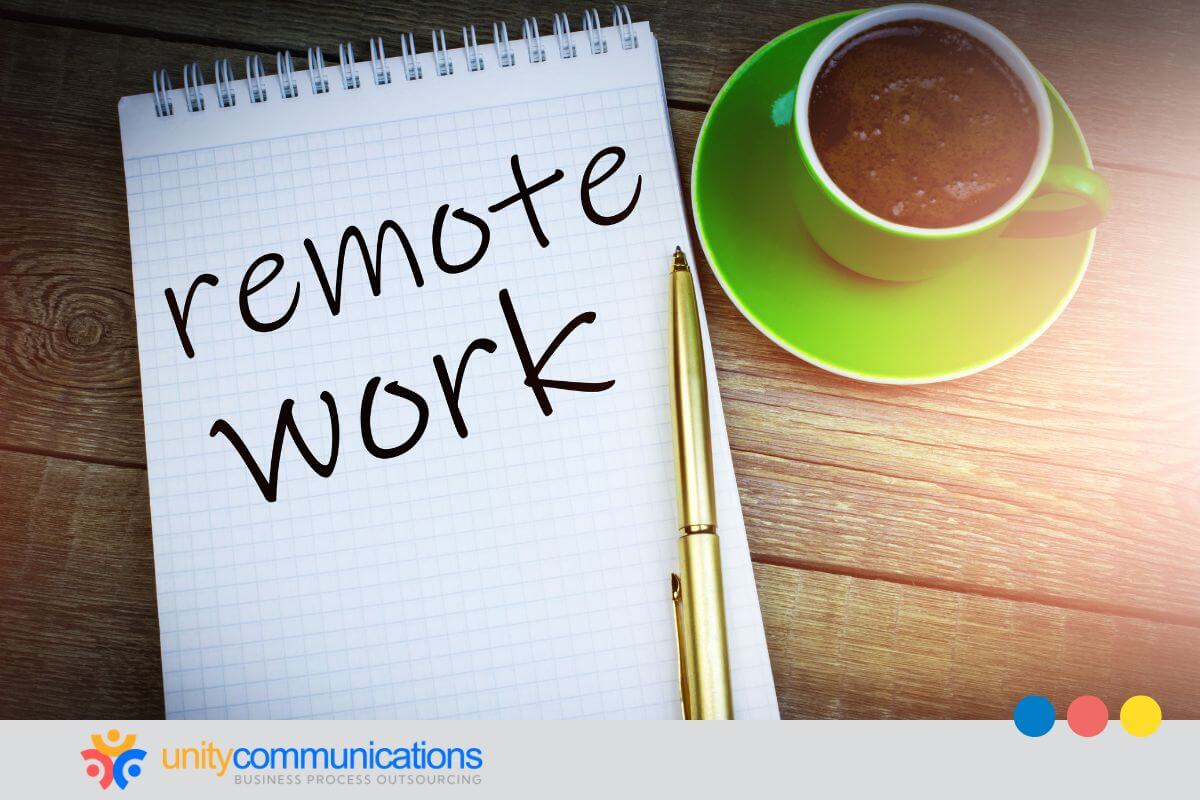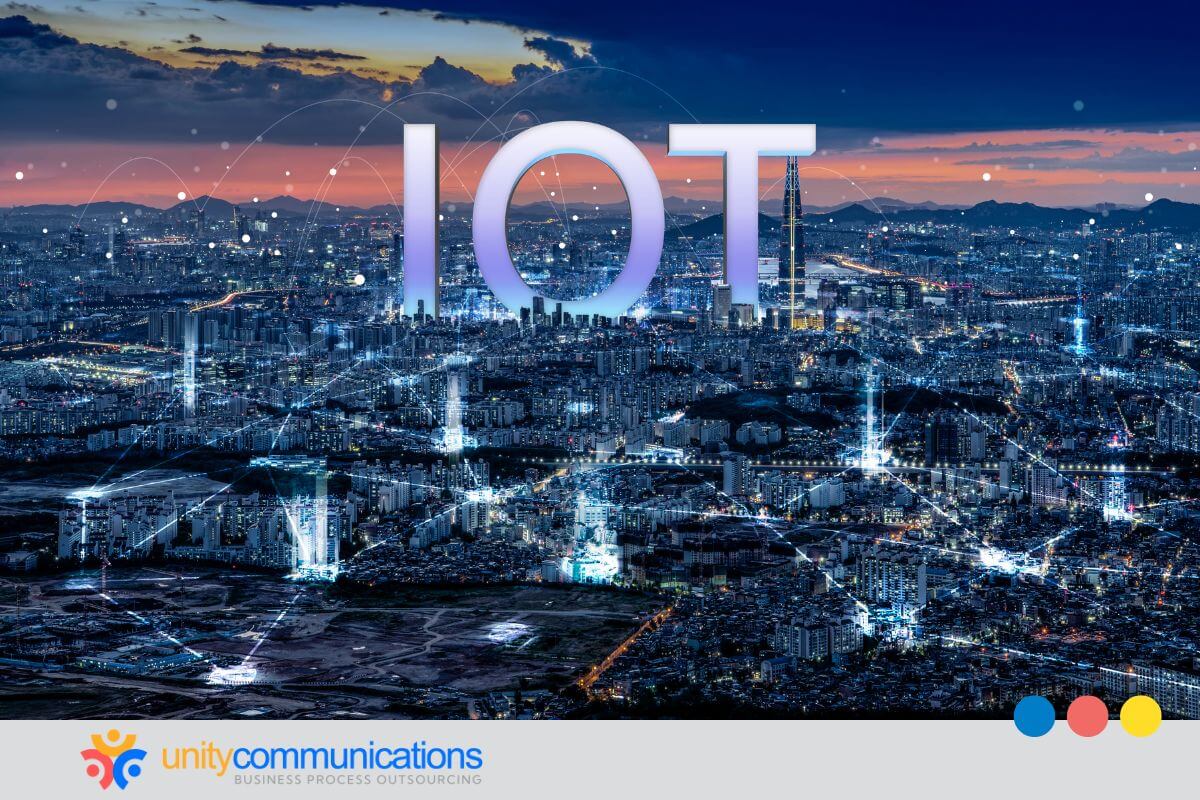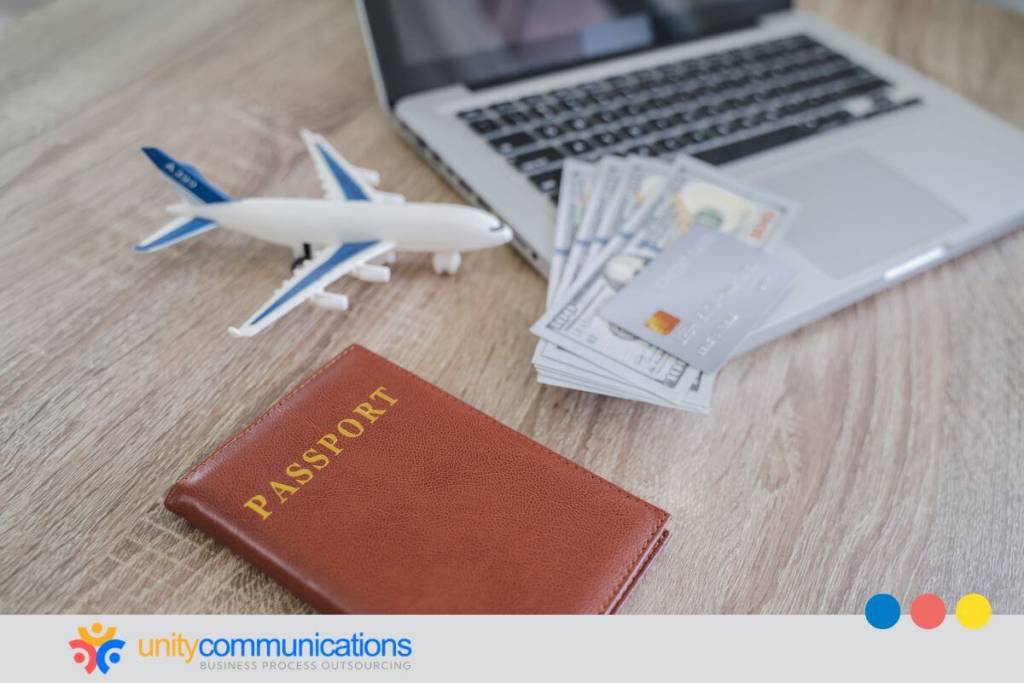IN THIS ARTICLE
Table of Contents
Business process outsourcing (BPO) for travel and tourism is evolving alongside technological advancements such as artificial intelligence (AI), blockchain, and virtual reality (VR). Keeping current with these innovations helps organizations remain competitive and meet the increasing expectations of modern travelers.
Keep reading to learn about the technological advancements in travel BPO and their impact on business operations and customer satisfaction. This guide explores travel outsourcing trends and innovations that promote efficiency, cost optimization, and service personalization.
Current travel outsourcing trends and innovations

Trends in travel outsourcing reflect ongoing shifts in how businesses leverage external expertise to enhance efficiency and customer satisfaction. The travel industry evolves rapidly, and developing innovative strategies is what BPO firms do to optimize client operations, service delivery, and overall competitiveness.
The following section shows how outsourcing works to facilitate change and technological adoption in the travel industry:
Remote work and its impact
Remote work has profoundly influenced travel management services by enabling greater flexibility, efficiency, and resilience in operations. Travel agencies and outsourcing providers have embraced remote work models, allowing staff to work from anywhere, collaborate seamlessly across locations, and serve international clients around the clock.
Remote work leverages digital platforms to streamline communication, facilitate faster decision-making, and provide exceptional customer service. The setup also reduces overhead costs so that travel agencies can allocate resources strategically toward technology infrastructure and employee satisfaction.
Sustainability focus
Integrating green practices in travel arrangements has become increasingly crucial as travelers and businesses prioritize sustainability. BPO firms specializing in travel and tourism respond to this demand by implementing eco-friendly solutions across various aspects of travel management.
The travel industry promotes carbon offset programs for flights, encourages renewable energy sources in accommodations, and advocates for sustainable transportation options such as electric vehicles or public transit. Outsourcing companies partner with eco-conscious suppliers and incorporate sustainability criteria into their vendor selection processes.
Travel agencies that integrate green initiatives into their outsourcing strategies meet regulatory requirements and consumer expectations. More importantly, they contribute positively to environmental conservation efforts.
Personalization techniques
Travel outsourcing leverages data analytics to create tailored experiences. Travel agencies and outsourcing providers can gain insights into each traveler’s interests and preferences by analyzing customer data, including past booking history, travel preferences, demographics, and behavior patterns.
These insights enable personalized recommendations for destinations, accommodations, activities, and travel packages. Based on previous travel choices and online interactions, agencies can suggest itineraries, exclusive offers, or upgrades that enhance the travel experience.
Data analytics also allows dynamic pricing strategies and targeted marketing campaigns that appeal directly to segmented customer groups. Agencies can adjust pricing, promotions, and offerings to match demand and optimize revenue, proactively anticipating and addressing traveler needs.
The future of travel outsourcing: Emerging trends and innovations

Besides the abovementioned trends, various technological innovations drive transformative change across the travel industry. They revolutionize how travel agencies operate and interact with customers. As advancements reshape travel management and customer experience, outsourcing providers help businesses stay ahead of evolving trends and innovations to maintain competitiveness.
AI and machine learning (ML)
What is customer support experience, and how can AI boost this process? Customer support experience is the quality of a customer’s interaction with the travel agency’s support team. Travel outsourcing firms improve this experience by using AI-powered chatbots and virtual assistants to deliver instant, personalized support 24/7.
Moreover, ML algorithms analyze customer data to predict travel patterns, preferences, and booking behaviors. In a later section, we’ll further discuss how ML-enabled predictive analytics allows BPO providers to anticipate customer needs, optimize pricing strategies, and tailor marketing campaigns effectively.
By understanding trends and customer behavior patterns in real time, travel agencies can offer timely promotions and personalized offers that resonate with individual travelers.
Blockchain
Blockchain technology enhances the security, transparency, and efficiency of booking processes. Unlike traditional systems, it operates on a decentralized ledger that records transactions across a network of computers. It ensures travel agencies, customers, hotels, and airlines have access to the same real-time information, reducing disputes and fraud.
One of the primary benefits of blockchain in travel booking is its ability to provide immutable records of transactions. Each transaction is securely recorded and linked to previous transactions, creating a chain of blocks that cannot be altered retroactively. It eliminates the risk of data manipulation or unauthorized changes to booking information.
Blockchain enables secure and instant payments through smart contracts. Self-executing contracts automatically enforce terms agreed upon by both parties once predefined conditions are met. When a traveler books a flight or hotel room, the provider automatically receives the payment upon fulfillment. Thus, it reduces transaction costs and payment processing times.
VR and augmented reality (AR)
VR and AR technologies allow customers to experience destinations remotely through virtual travel experiences and interactive accommodations. Let’s compare the two.
| Virtual travel experiences through VR |
|---|
VR lets travelers explore destinations virtually, providing experiences that mimic real-world environments. Travel agencies and tourism boards use VR to create 360-degree videos and interactive tours of famous landmarks, cities, and attractions. VR allows potential travelers to “visit” destinations virtually, explore hotel rooms, and experience local culture and activities from home. It helps inform their decisions about travel plans and enhances pre-trip excitement. |
| Interactive accommodations through AR |
AR enhances the onsite experience by overlaying digital information onto the physical world. Hotels and accommodations use AR to provide interactive room tours, where guests can visualize room layouts, amenities, and views before booking. AR-powered apps also offer virtual guides and information about nearby attractions, dining options, and local events, enhancing the overall guest experience and encouraging longer stays. |
These travel outsourcing trends and innovations enhance engagement and satisfaction and provide cost-effective marketing tools for travel businesses. VR and AR reduce the need for physical site visits, saving time and money for travelers and companies catering to tech-savvy millennials and Generation Z travelers who seek unique and personalized experiences.
Internet of Things (IoT)
The IoT technology improves travel operations by enhancing efficiency through smart devices and interconnected systems. IoT devices such as smart luggage tags, wearable gadgets, and vehicle sensors enable real-time tracking of luggage and passengers, optimizing logistics and minimizing delays.
IoT also extends to smart hotel rooms. It personalizes guest experiences by adjusting room settings based on preferences and providing seamless access to amenities. IoT data analytics provide insights into traffic patterns, equipment maintenance, and customer behavior. The information helps travel agencies deliver smoother and more personalized travel experiences.
Advanced analytics
Advanced analytics transforms travel planning and expenditure optimization through data-driven decision-making. Travel agencies can harness data from customer booking patterns, market trends, weather forecasts, and historical travel data.
Predictive analytics and ML can more accurately forecast demand, adjust pricing dynamically, and optimize inventory management. Businesses can offer competitive pricing while maximizing revenue during peak periods and minimizing losses during off-peak seasons.
Moreover, data analytics can personalize marketing campaigns based on individual preferences and behaviors. By analyzing customer demographics and past interactions, travel agencies can target specific customer segments with relevant offers and promotions, enhancing conversion rates and customer loyalty.
5G connectivity
5G technology revolutionizes the travel industry by significantly enhancing communication speeds and improving online services for travelers. With its exponentially faster download and upload speeds, lower latency, and greater bandwidth, travelers can efficiently access and stream high-definition content, such as virtual tours and real-time travel updates.
Moreover, 5G enhances mobile connectivity in remote and crowded areas. Travelers can stay connected and access online services reliably throughout their journey. These include faster airport check-in, real-time navigation and traffic updates, and instant communication with travel agencies or accommodations for reservations or assistance.
Lastly, 5G supports the growth and adoption of IoT devices and intelligent technologies in the travel industry. Innovations such as smart luggage tracking and connected hotel rooms with automated controls leverage 5G’s high speed and low latency. The technology also promotes real-time data exchange and personalized experiences.
The bottom line

Some of the most notable travel outsourcing trends and innovations are AI-driven customer service, blockchain for secure transactions, IoT integration for operational efficiency, and 5G connectivity for faster online services.
Travel agencies must embrace these advancements to enhance service quality, optimize operational efficiency, and meet the evolving expectations of modern travelers. These technologies support competitiveness, allowing agencies to deliver superior customer experiences and maintain leadership in a dynamic and competitive industry.
Let’s connect to learn how you can leverage today’s trends and innovations to drive success.





